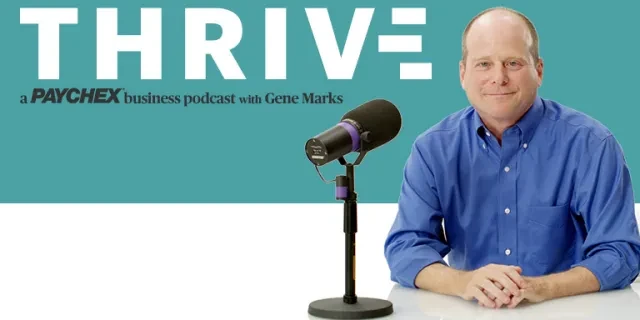Business Resources to Help You and Your Employees

2025 Tax Bill: What’s In It and How It Impacts Your Business
Our experts will break down key changes in the tax and spending bill, offer tips to simplify tax compliance and strategies to position your business for success.
FUTA Credit Reduction States
Businesses in California are becoming all-too-familiar with the extra money the state's unpaid debt to the federal government is costing them per employee. Connecticut rejoined the list in 2025, and both face additional penalties if the Benefit Cost Rate is applied to the currently reduced credit rate. Find out the cost to your business.
Business Podcasts
Paychex Thrive, a Business Podcast
Navigate the dynamics of today's business climate.

Paychex Pulse, an HR Podcast
The issues facing today's human resource leaders and managers.










